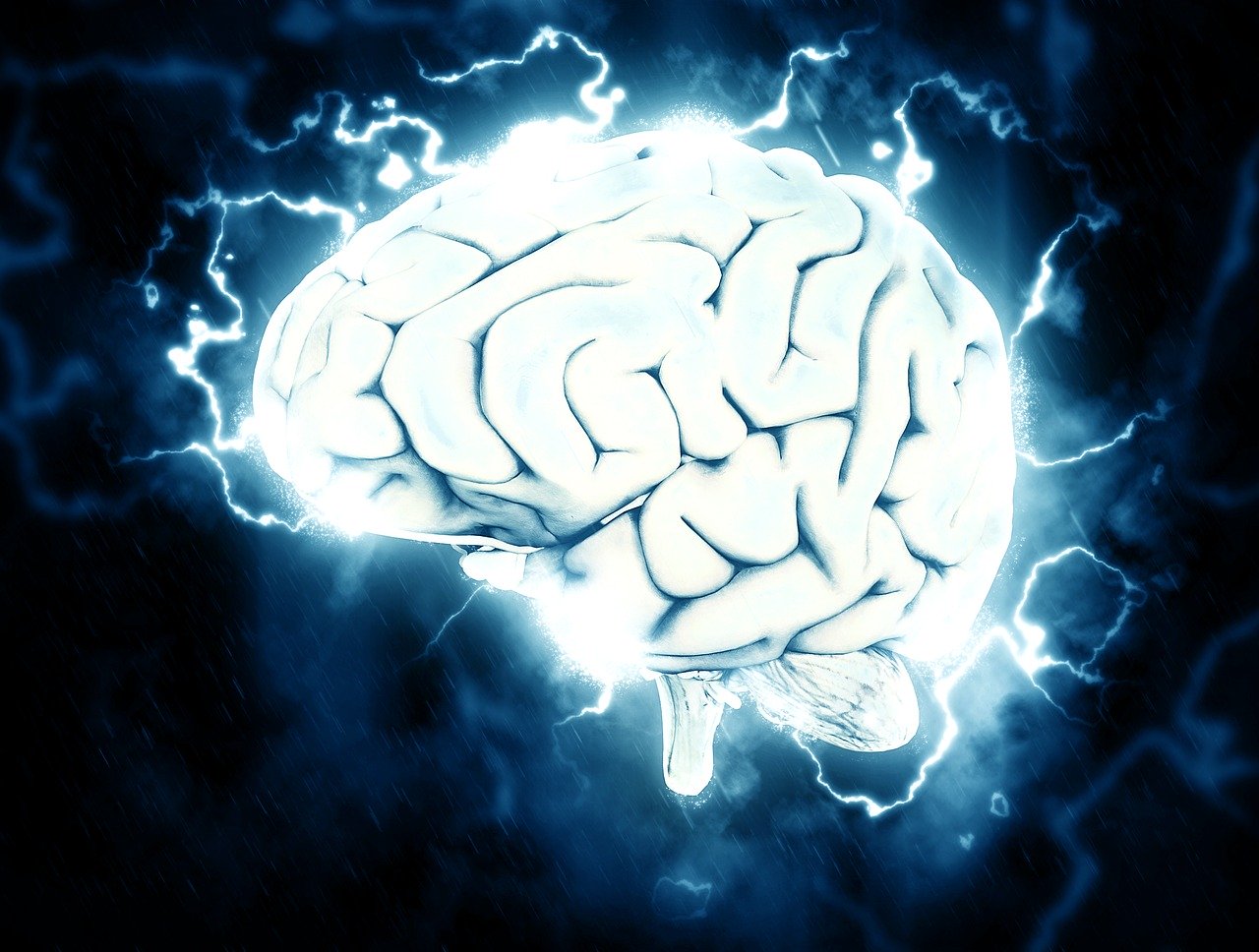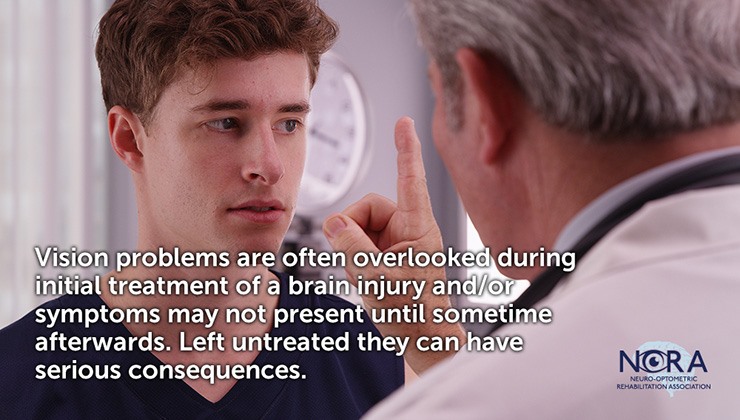Vision Therapy After Concussion
R came to us because he was involved in a motor vehicle accident, resulting in a concussion. Due to his concussion, he was experiencing many symptoms that affected his daily life. He had frequent headaches and was sensitive to light, he got dizzy very easily and motion sick. He also had problems reading, including losing his place, and got eye strain if he read or was looking at a screen for longer than 30 minutes, which was problematic for him as his career required lengthy screen time and reading. He also was unable to watch TV for a long period of time. When he did read, he had to slowly read each word one at a time, making it time consuming and tiring.
After vision therapy, his dizziness greatly decreased and he his headaches were much less frequent, and very mild if they did occur. He was also able to read or use a computer for 2-3 hours at a time, and could continue beyond that after taking a short break, making it easier to complete his work on a daily basis. He also stopped having motion sickness in a car, making driving easier. Watching TV was much more comfortable, so he could enjoy watching TV with his family. Congratulations R! We are glad you were able to return to your daily activities! We will miss you and your love of sports



